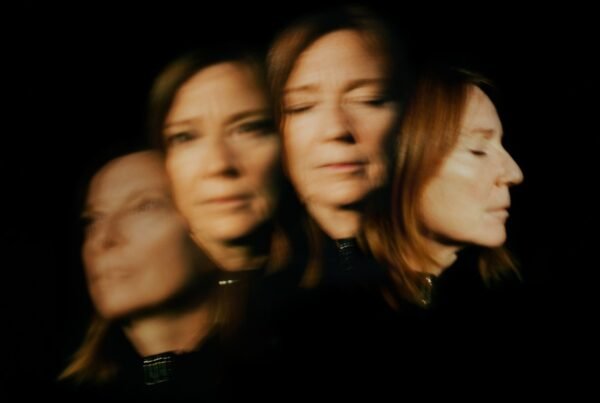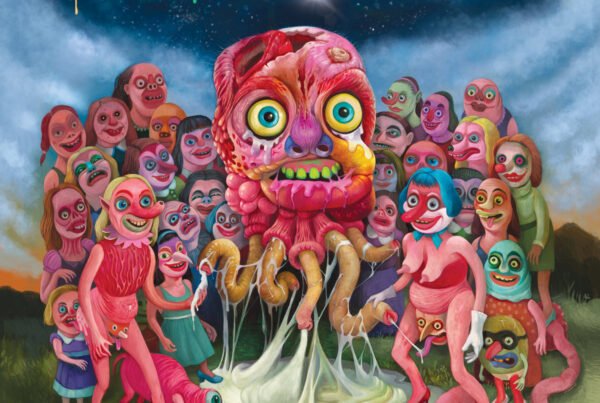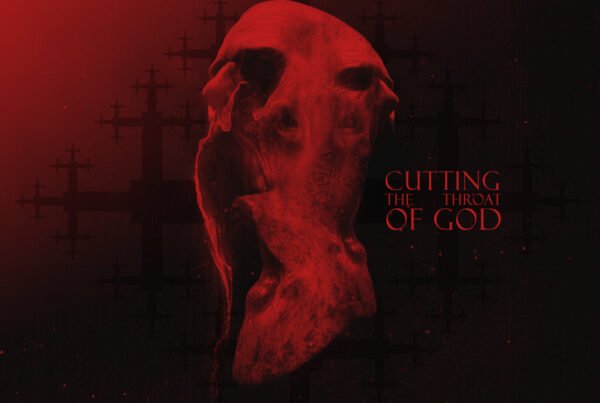On Dark Horses is some dark, brooding folk that puts Rundle’s distinctive, evocative, and frankly incredible voice in centre stage.
Release date: September 18, 2018 | Sargent House | Website | Bandcamp | Facebook
The strongest point on the album is Emma Ruth Rundle’s voice – a distinctive, slidingly dynamic tone that feels constantly on the edge of waning away into the ambient-inspired backing. Rundle’s compositional skills quickly show themselves as deserving of praise, too – each song manages to draw you in to an understated soundscape, whilst preserving the sort of hooks that allow you to enjoy this album without losing broader appeal. See “Apathy On The Indiana Border” especially, for an addictive hook produced both by its melody and incredibly expressive lyrics.
Also greatly enjoyable are what sounds like (and may or may not actually be) the doom metal influences here – each song’s delicate guitar playing and singing are underlain with a slow and grinding beat and bass track – which make up a great addition to some distinctly non-metal music.
Largely, the album sounds excellent. Not only do the reverbs follow suit, but they do so in a way that fits into the album’s dark and brooding tone – Rundle doesn’t fall into the more and more common trap of artists using their playing to demonstrate how good the reverb unit they’ve bought is; rather, she uses shimmer subtly, often toning down the presence and brilliance for the sake of fitting the reverb to the song. There is also some lovely, silky guitar playing (see “Races”, for example), and some not so pleasant guitar tones that bite into you with just the right dissonance to suit Rundle’s seeming plaintiveness. One cannot fault her composing.
The bass (guitar and drums), however, seems a bit high-mid heavy, resulting in the overall mix lacking in force. This is particularly evident on “Control”, where a bass guitar-only section highlights the tones’ lack of ‘fullness’. And due to, then, most of the instruments gathering around the same frequencies, the album feels ever so slightly cluttered and, at times, unclear. It almost feels like the entire album has been pushed through a mid-boosting filter – or, if one could retain the high-quality of the frequencies that are there, played through an old radio.
However, there’s an even greater issue at play. Despite being a bit odd at first, you’ll quickly get used to the cluttered EQ-ing and lack of bass. Rather, the thing that really bugs me throughout On Dark Horses is that the songs, though individually good, are fairly similar to each other. It’s all slow to medium-paced, dark, brooding, and riddled with borderline post-rock influences that come in after a volume, intensity, and distortion build. You may well find that, as you listen, some songs stand out to you – not as ‘better’ songs, as you might think on any other album, but as the same song as the others on the album but pulled off slightly more enjoyably.
This isn’t to say that any songs are redundant, but there are songs I’ll habitually skip to, and after listening to them, I find it difficult to convince myself that the others are worth spending time on – despite them being, when I do listen to them, greatly enjoyable. It’s a bit odd – it’s not the usual slightly boring drudge that albums that lack variation can be, because everything is (compositionally) excellent. It is, however, genuinely annoying that, when choosing which songs would appear on the album, songs that are so similar to each other were chosen – because it does genuinely get in the way of your enjoyment of some great songs.






